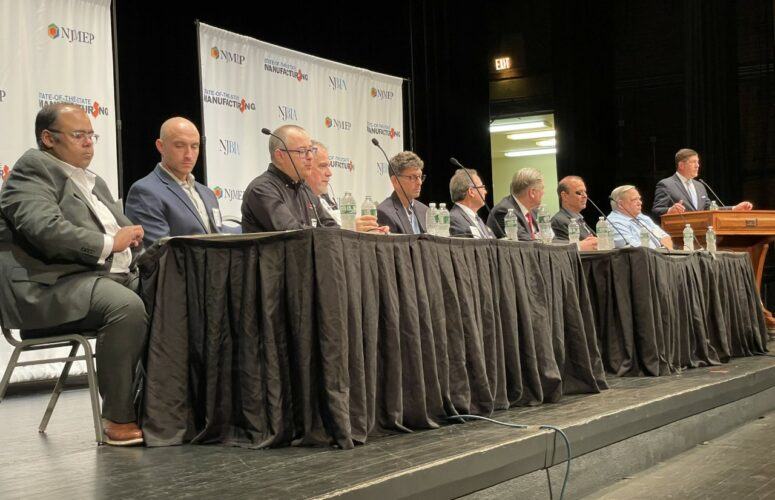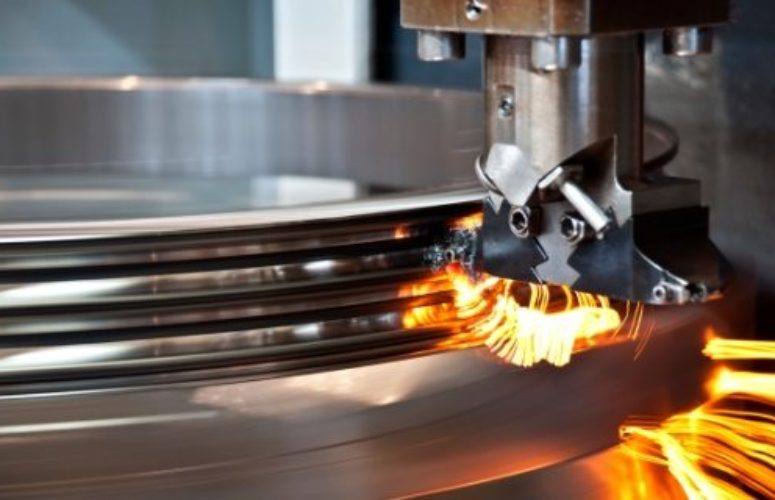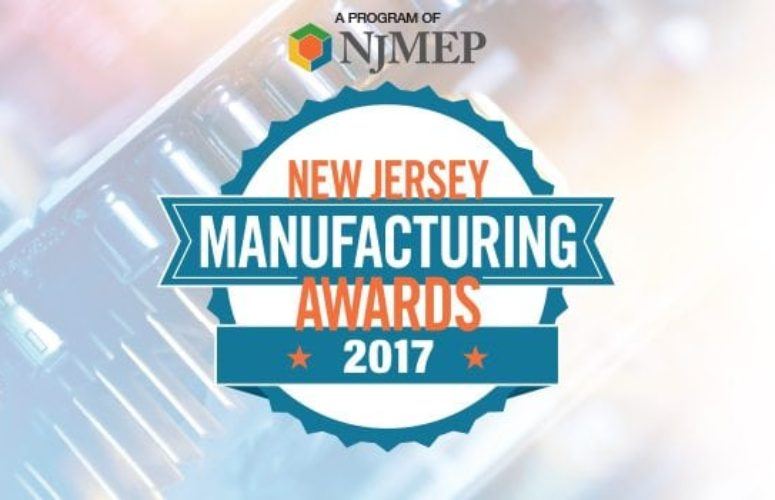
NJ Manufacturers Discuss Affordability, Stigma and Cannabis
By Jim Pytell, Managing Editor On May 5, 2022More than 400 New Jersey manufacturers gathered today for the New Jersey Manufacturing Extension Program’s (NJMEP) annual State-of-the-State of Manufacturing Summit to tell lawmakers their biggest challenges ranging from workplace safety concerns with the legalization of adult-use cannabis, to finding workers, to remaining in New Jersey despite its high costs and a growing platter of incentives from other, more business –friendly states.
The event in Trenton gave New Jersey legislators the opportunity to hear firsthand from manufacturers and provide their own feedback, thoughts and potential solutions in town-hall-style discussions.
One of the biggest concerns discussed was the inability for manufacturers to find skilled workers to fill open positions, evidenced by the more than 40,000 unfilled manufacturing jobs in the state.
“The problem is we are all looking for the same people – someone with five to 10 years of experience – and that person doesn’t exist,” said John Kennedy, CEO of NJMEP. “There is no pipeline.”
According to Paul Patterson, director of plant operations at Wall-based Safran Aerosystems Evacuation, strengthening the pipeline starts with eliminating the stigma surrounding trade schools compared to universities and getting young kids interested and educated in various forms of manufacturing as well as aware of the opportunities available.
“When people think about manufacturing, I still feel people have a vision of the early 1900-style factories,” Patterson continued. “We need to change that perception. Not every student is cut out for college, and at the same time, a college degree does not always guarantee financial success.”
Joshua Hopp, president of Lodi-based HK Metalcraft, added that guidance counselors play a role.
“It is our impression that New Jersey high schools and their guidance counselors are incentivized by how many graduates attend a four-year college. However, that is not the best path for many students. HK Metalcraft and other manufacturing companies have job opportunities for skilled labor positions that require education that is traditionally learned at trade schools and on the job. These positions pay very well and have excellent job security for good associates,” he explained.
“We know if we can lift up and grow the manufacturing industry, we can create jobs that afford the opportunity to live, work and raise a family in New Jersey,” added Michele Siekerka, president and CEO of the New Jersey Business & Industry Association (NJBIA).
Another overarching issue is how costly a place New Jersey is to do business. Compounding this is the fact that other states have begun presenting companies an array of incentives – namely big cost savings – in an attempt to “poach” companies that would otherwise locate or expand in New Jersey.
“I am getting pummeled by North Carolina and Florida who are trying to get me to relocate there,” said Michael Seitel, CEO of Randolph-based Norwalt Design, whose company is looking to expand over the next two years. “It is crazy what they are offering. It is enticing, that’s all I can say.”
Alexander Throll, co-founder and CEO of Boonton-based DiveDesign, added, “We have friends and colleagues moving from New Jersey to states like North Carolina, Florida, Texas, and others and seeing much quicker growth regardless of the fact that most of their clients are in the tri-state area.”
The topic of workplace safety, when it comes to cannabis use, was also discussed, as many manufacturers were concerned about the implications of employees potentially being under the influence while on the job.
The challenge is, individuals can test positive for cannabis days, and even weeks after use, despite not actually being under the influence. This makes it difficult to self– police in the workplace and creates headaches for employers, particularly manufacturers, who have heightened safety concerns due to the use of heavy machinery and equipment.
“We are continuing to work with the Cannabis Regulatory Commission on rules for workplace safety,” said Siekerka. “In the meantime, I encourage you to look at your workplace policies and talk to your legal counsel because it is not just about a drug test anymore. It is about some objective proof about what is going on with a person at a point in time.”
To access more business news, visit NJB News Now.
Related Articles:





